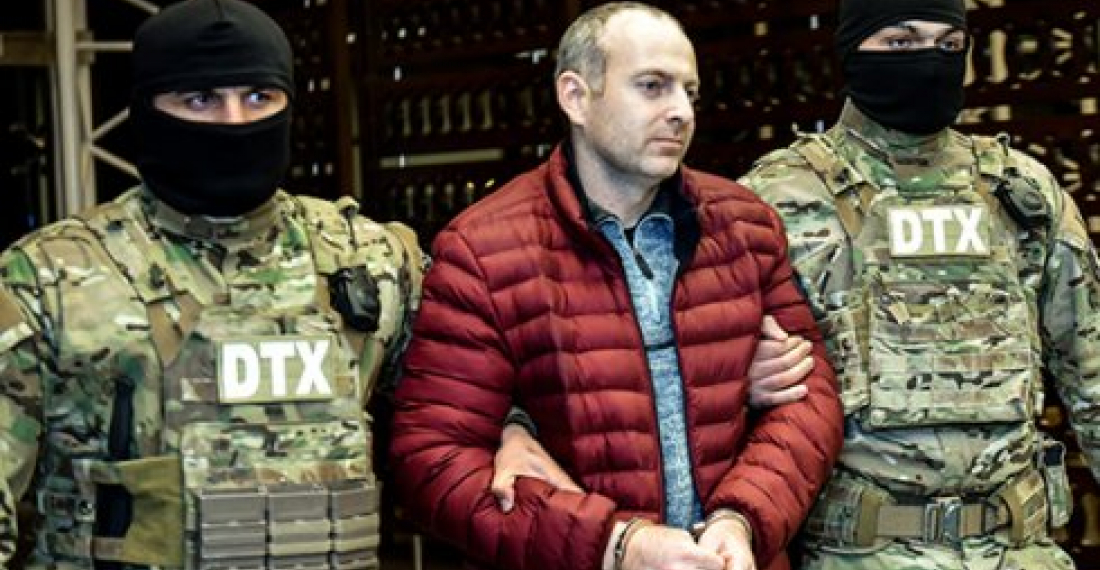President Ilham Aliyev of Azerbaijan has issued a pardon to blogger Alexander Lapshin, who holds a dual Russian-Israeli citizenship, and who earlier this year was sentenced to three years imprisonment for defying Azerbaijani government procedures on travel to Karabakh. The order, signed on Monday (11 September) states: ""Israeli citizen Alexander Lapshin, who was sentenced to imprisonment by the Baku Court of Grave Crimes on July 20 2017, shall be released from prison."
The prosecution of Lapshin was considered as a signicant step, and an indication of the resolve of the Azerbaijani government to prosecute those who defy its procedures on travel to Nagorno-Karabakh, a territory which is internationally considered still part of Azerbaijani, but which has been out of Baku's jurisdiction for more then twenty five years. Lapshin was arrested in Belarus following an extradition request by the Azerbaijani government which was upheld by a Belarus court.
Read more on the case here:
Analysis: Belarus extradites Alexander Lapshin to Azerbaijan in a landmark case
In a further twist to the case, an earlier report from Baku on Monday (11 September) said that Lapshin had the previous day tried to commit suicide whilst in jail, but that the attempt was foiled as a result of the timely intervention of the prison guards. It is not yet clear to what extent Lapshin's pardon is related to his suicide attempt, nor the present state of health of Lapshin, although it is understood that he is curently hospitalised.
source: commonspace.eu with agencies
photo: Alexander Lapshin (archive picture)






